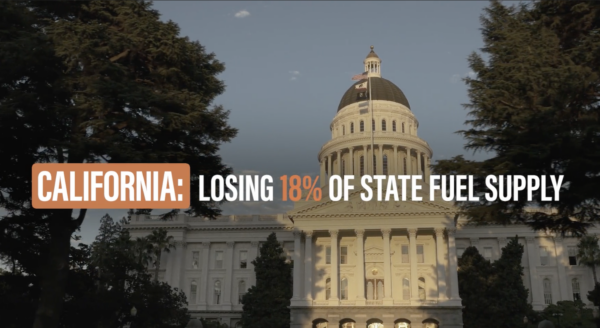We already know that the arguments in favor of AB 345 are weak. Proponents have built their case for setbacks on flawed comparisons to jurisdictions like Texas and Colorado and false assertions that oil and gas wells in California pose public health risks.
These arguments ignore the fact that oil and gas production in California occurs under the strongest environmental and public health protections in the world, and detailed government studies agree that the scientific record shows California oil and gas production operations do not give rise to any widespread negative health effects.
But beyond the flawed arguments in favor of the bill, there are also good reasons to oppose AB 345.
For example:
- According to an analysis conducted by the California Assembly’s Appropriations Committee, AB 345 would cause a loss of up to $4 billion in state revenue as local production operations are shut down to comply with the new statewide 2,500-foot setback mandate. Local governments would also lose billions in revenues that support key social services like K-12 schools and public health and safety programs.
- AB 345 would also expose state and local governments to significant legal liability under the takings clause of the U.S. Constitution. A recent study conducted by the City of Los Angeles estimated that the potential cost to the City of establishing a future setback distance could be as high as $97.6 billion in compensation for the future value of mineral rights owed under takings litigation.
- Finally, the bill would undermine the regulatory process established by the Administration through CalGEM (California Geologic Energy Management Division), which is the state agency that “prioritizes protecting public health, safety, and the environment in its oversight of the oil, natural gas, and geothermal industries.” CalGEM has been directed to review the need for setbacks, given the state’s existing emissions and public health regulations on every step of the production process. Passing AB 345 would undermine this expert scientific review and California’s best-in-the-world regulatory framework in favor of blindly mandating setbacks.
California’s energy policies should be based in science and data, not blind ideology. AB 345 undercuts fact-based policymaking, cuts state and local revenues, and exposes the state to massive legal liabilities at a time when Californians need to focus on COVID-19 response and recovery efforts.


